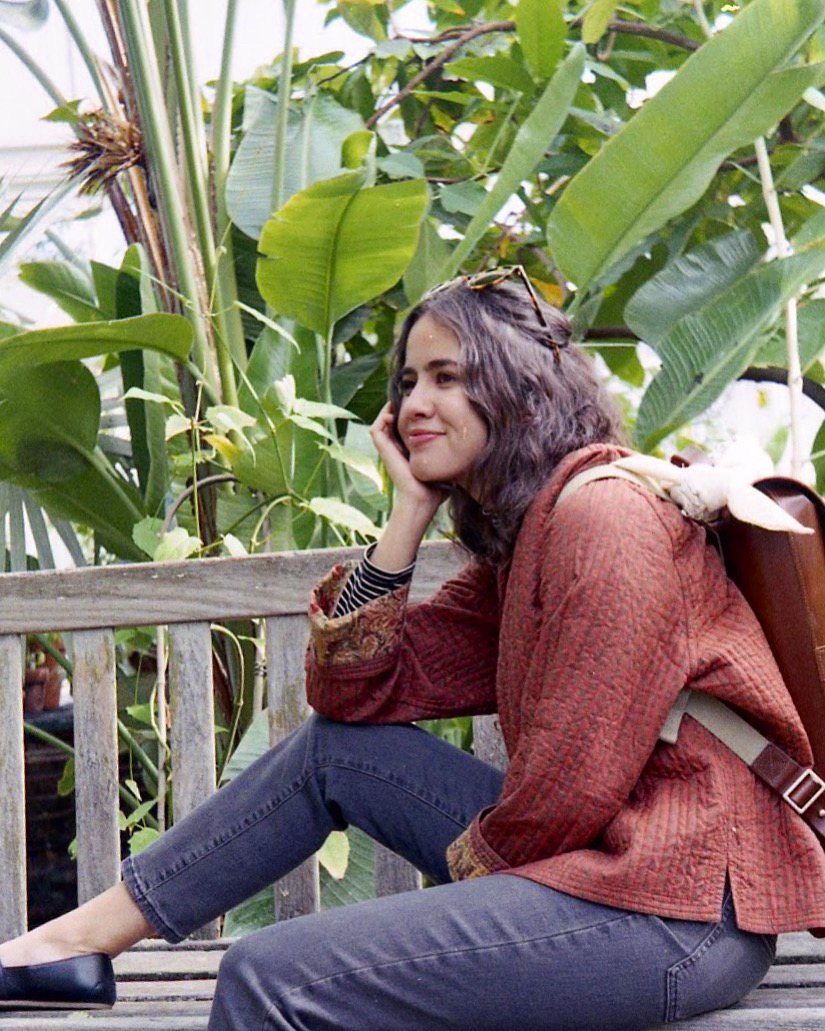“Naz 8 Cinemas” is filled to the brim with incredible sentences; the kind of lines that you have to read again and again, transfixed by each syllable. Like the lyrics to a song, every word and sound is carefully and beautifully placed, weaving an intricate portrait, a landscape of love where violence and tenderness coexist. This story about language and mother-child relationships is rhythmic and entrancing. It can be read over and over, with different nuances surfacing each time. — Guest Judge K-Ming Chang

On nights my mother drove us the hour to Naz 8 Cinemas, she ballooned her pockets with popcorn, and, for three hours, we sat, blued by Bollywood. Other nights, she was lent bootlegs. Flicks about Raj or Rahul. Grainy. Lagging. Rahul’s laughter, ensuing like a footnote.
On long drives, my mother listened to the cassette of Dilwale Dulhania Le Jayenge, and we began foraging the songs for familiar words. Our first language was entirely secondhand, borrowed from my mother’s mouth; a vocabulary of tendering, not tenderness. It was during intermissions at Naz 8 Cinemas that we first rehearsed words like mohabbat and qurbaan. Half the movies were about a woman saying no until she was hassled into saying yes, inventing a new genre of chasing. That’s just her style. She’s saying no but in her heart, she says yes, we sang, dubbing the dialogue with the English subtitles the way we sometimes dubbed our prayers with One Mississippi, Two Mississippi, Three Mississippi.
Our films, in Hindi. Our prayers, in Arabic. Our mother, in Urdu. It wasn’t the language we replied with, but the one we trusted in.
 Aliza Ali Khan is a Pakistani American writer. Her work has appeared in Black Warrior Review, Ninth Letter, The Pinch, and more.
Aliza Ali Khan is a Pakistani American writer. Her work has appeared in Black Warrior Review, Ninth Letter, The Pinch, and more.
